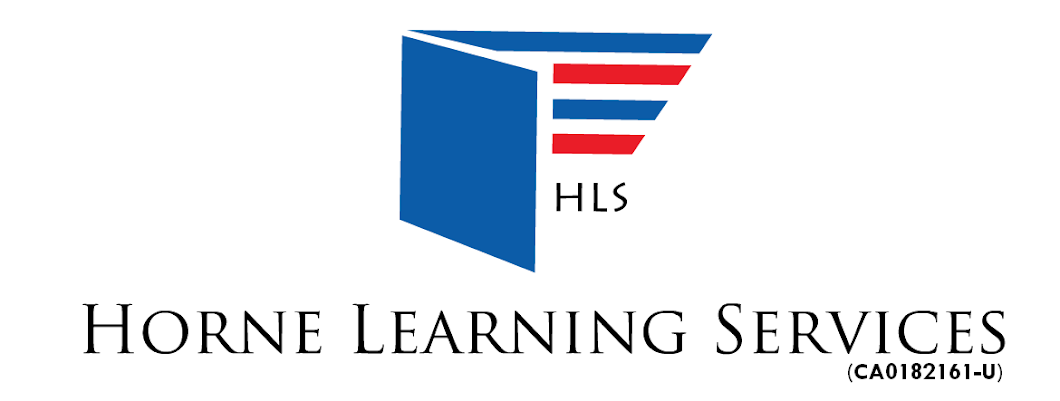The Circles In Everyday Life project has been completed. We are thankful to all students and parents who supported their children throughout the two weeks of the project. Following will be a presentation of the winners in both the Children and Adult categories. We judged each project based on five criteria:
1. Creativity
2. Uniqueness
3. Effort
4. Aesthetics
5. Writing
 |
| Full list of the marks awarded for each student at HLS who participated in the Circles In Everyday Life project |
WINNER, CHILDREN CATEGORY: YONG CHUAN
 |
| Yong Chuan and Mr. Duncan pose for a photo with his winning project, certificate and trophy in conjunction with the Circles In Everyday Life project at HLS |
 |
| A closer look at Yong Chuan's Circles In Everyday Life Project |
Yong Chuan had a clear vision of what he wanted to do from the moment the Circles In Everyday Life project began. A wonderfully creative piece of work depicting the Solar System was coupled with a great piece of writing showing how he personally loves space and the planets. His work scored high on all the marking criteria and we thought it was the stand-out project. Congratulations Yong Chuan!
2ND PLACE, CHILDREN CATEGORY: ETHELIND
 |
| Ethelind and Mr. Duncan pose for a photo with her project, certificate and trophy in conjunction with the Circles In Everyday Life project at HLS |
 |
| A closer look at Ethelind's Circles In Everyday Life project |
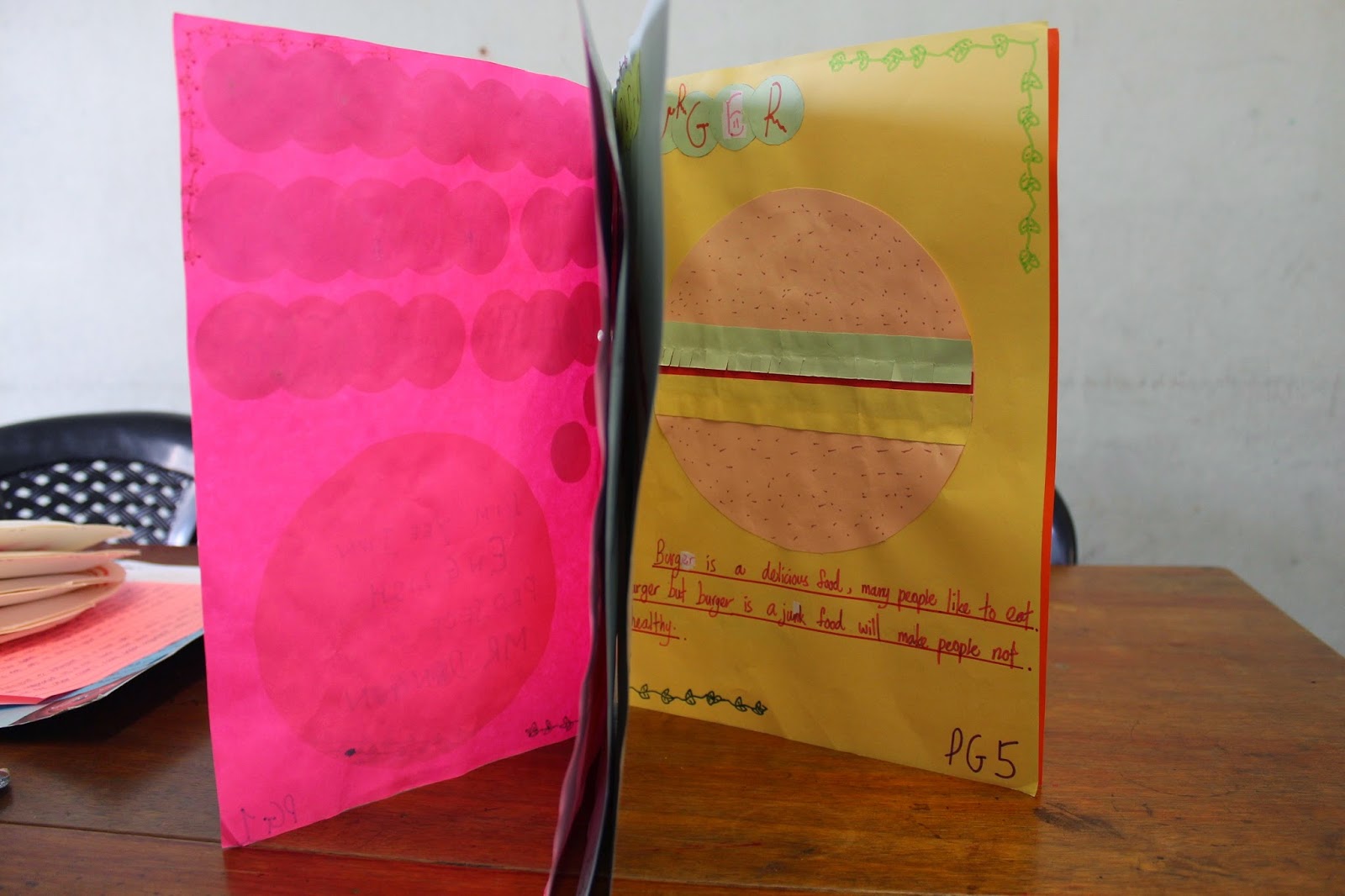 |
| A closer look at Ethelind's Circles In Everyday Life project |
Ethelind produced a fine, creative book on various circle shapes in life. Everything was done neatly with excellent written captions.
3RD PLACE, CHILDREN CATEGORY: ISAAC
 |
| Isaac and Mr. Duncan pose for a photo with his project, certificate and trophy in conjunction with the Circles In Everyday Life project at HLS |
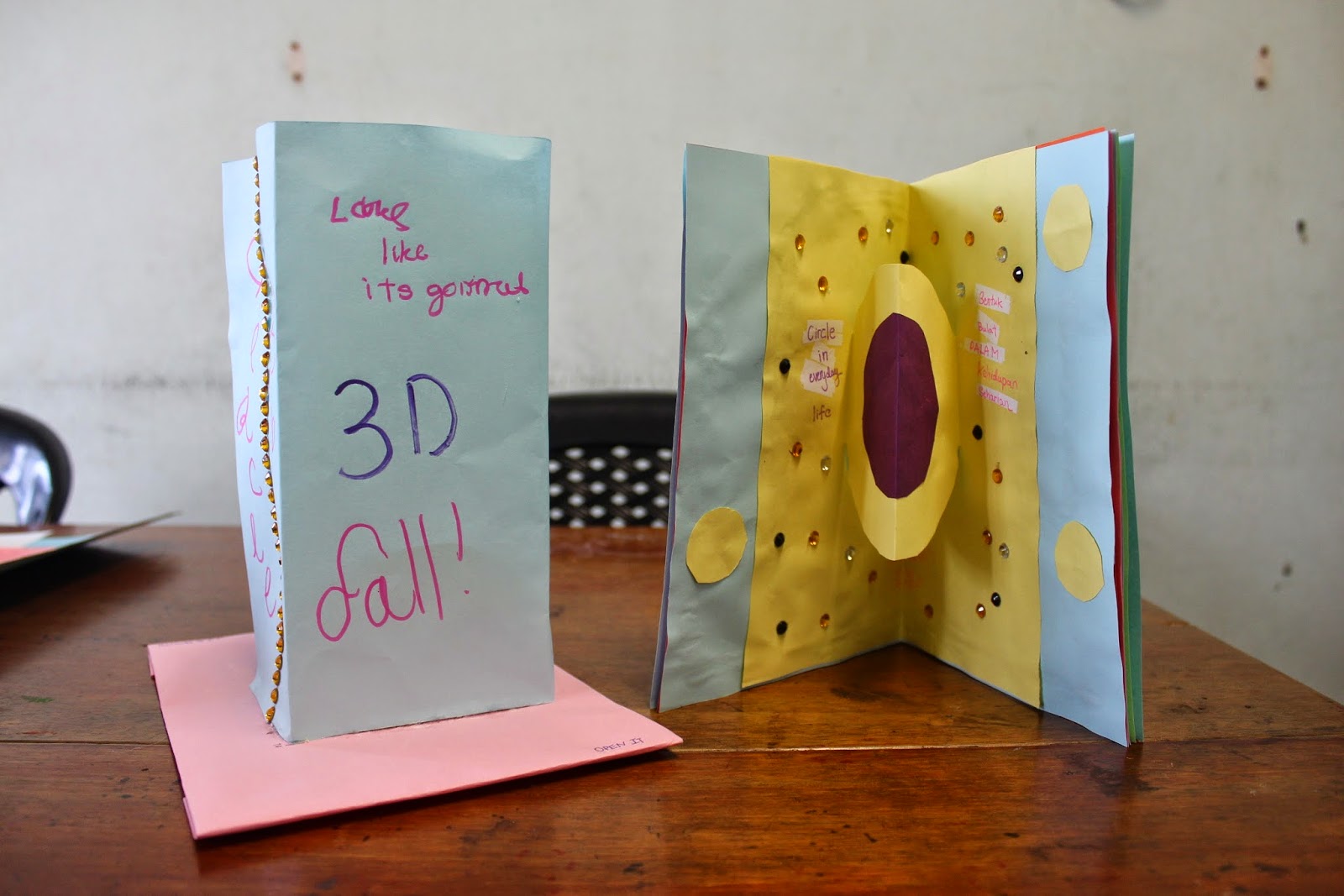 |
| A closer look at Isaac's Circles In Everyday Life project |
Isaac is a consistent performer at HLS and was rewarded for his unique and creative style along with very well written explanations and an essay in the booklet.
4TH PLACE, CHILDREN CATEGORY: KUANG YEE
 |
| Kuang Yee and Mr. Duncan pose for a photo with her certificate in conjunction with the Circles In Everyday Life project at HLS |
 |
| A closer view of Kuang Yee's project |
 |
| A closer view of Kuang Yee's project focused on the 'circle' of a typical week in comic book format |
5TH PLACE, CHILDREN CATEGORY: YE HAO
 |
| Ye Hao and Mr. Duncan pose for a photo with his project and certificate in conjunction with the Circles In Everyday Life project at HLS |
 |
| Ye Hao made a fruit basket and included a good story in the yellow booklet, along with labeling of the fruits in his basket |
6TH PLACE, CHILDREN CATEGORY: ACELINE
 |
| Aceline and Mr. Duncan pose for a photo with her project and certificate in conjunction with the Circles In Everyday Life project at HLS |
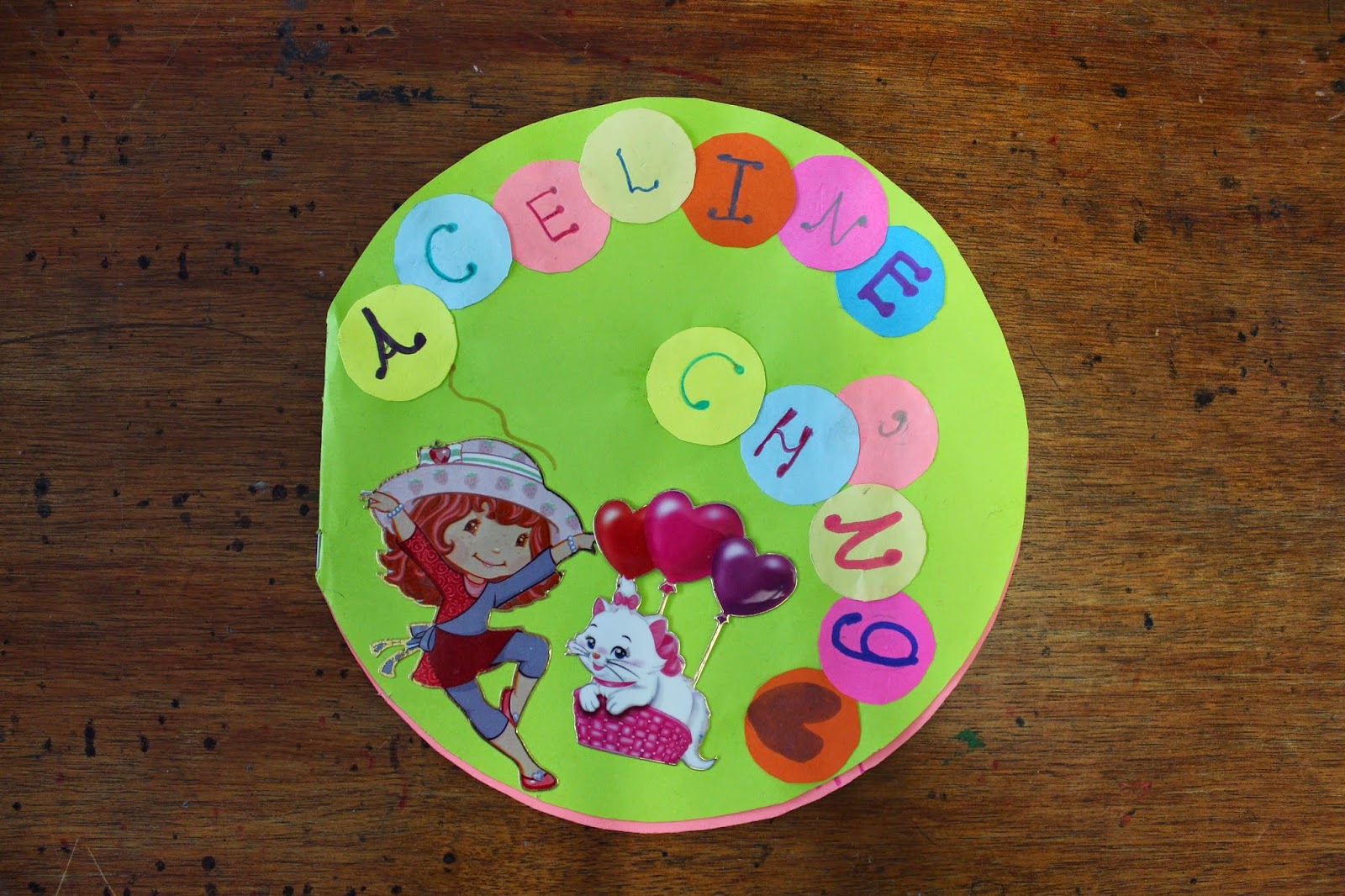 |
| A closer look at Aceline's Circles In Everyday Life project |
 |
| A closer look at Aceline's Circles In Everyday Life project |
WINNER, ADULT CATEGORY: HUMAIRAH
 |
| Humairah and Mr. Duncan pose for a photo with her project, certificate and plaque in conjunction with the Circles In Everyday Life project at HLS |
 |
| A closer look at Humairah's Circles In Everyday Life project |
 |
| A closer look at Humairah's Circles In Everyday Life project |
 |
| A closer look at Humairah's Circles In Everyday Life project |
Humairah scored 98% and was excellent in every category. The creativity of her project was amazing and the paper folding exquisite. It was the clear winner. Congratulations Humairah!
=2ND PLACE, ADULT CATEGORY: KELLY
 |
| Kelly received the 2nd place certificate for this nicely done work in the Circles In Everyday Life project at HLS. Descriptions of the four emotions were tucked away inside each plate |
=2ND PLACE, ADULT CATEGORY: MRS. FAM
 |
| Mrs. Fam and Mr. Duncan pose for a photo with her project and certificate in conjunction with the Circles In Everyday Life project at HLS |
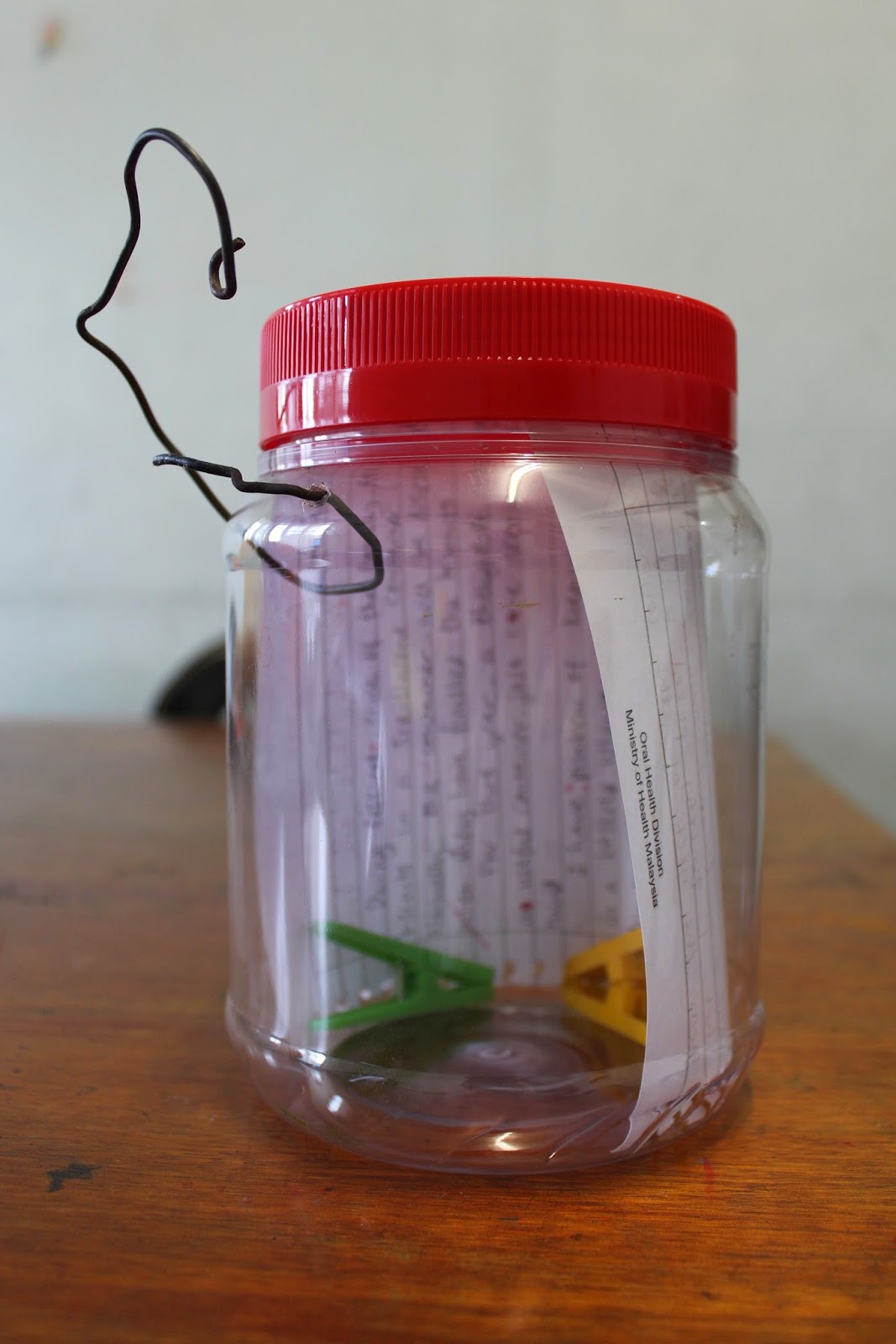 |
| A closer look at Mrs. Fam's Circles In Everyday Life project. She made a container to store clothes pegs |
